I have a problem compiling the following exploit code:
http://downloads.securityfocus.com/vulnerabilities/exploits/59846-1.c
I am using "gcc file.c" and "gcc -O2 file.c", but both of them results in the following errors:
sorbolinux-exec.c: In function ‘sc’:
sorbolinux-exec.c:76: error: stray ‘\302’ in program
sorbolinux-exec.c:76: error: stray ‘\244’ in program
sorbolinux-exec.c:76: error: ‘t’ undeclared (first use in this function)
sorbolinux-exec.c:76: error: (Each undeclared identifier is reported only once
sorbolinux-exec.c:76: error: for each function it appears in.)
I tried compiling them on both Kali Linux and Ubuntu 10.04 (Lucid Lynx) and got the same result.
